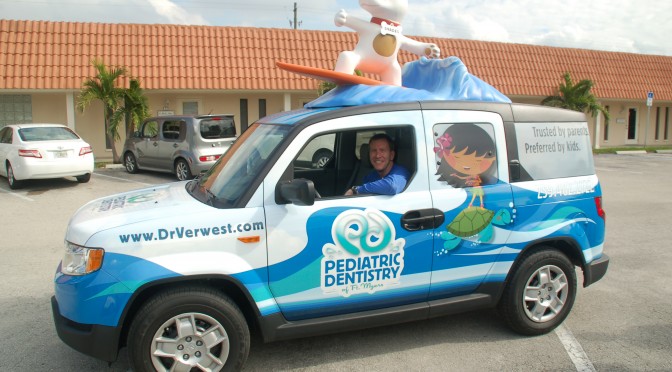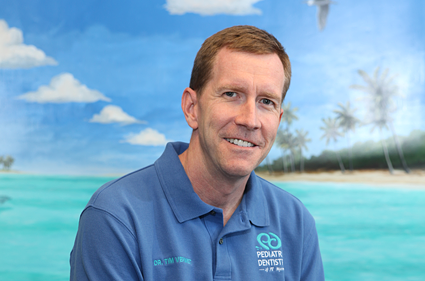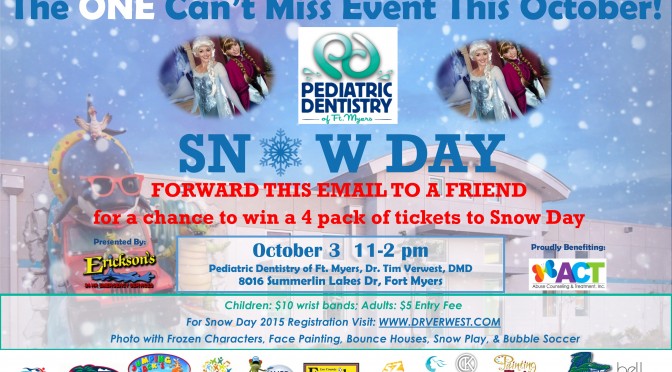5 Benefits of Visiting a Pediatric Dentist
The Difference Let’s face it – for some in past years visiting the dentist wasn’t the most fairy tale experience. Put your mind to[…]
Why Tongue Scrapers and Cleaners are Important
You may not always think of going the extra mile to clean your tongue but the benefits from doing so may be worth it. The[…]
Pediatric Dentistry of Florida named second best kid-friendly dentist in Florida
Pediatric Dentistry of Florida, Dr. Tim Verwest, DMD & Associates is recognized as one of the 10 best kid-friendly dentists in Florida by Best Things[…]
What Makes Me Smile Art Exhibit
– Pediatric Dentistry of Ft. Myers, Dr. Tim Verwest, DMD is offering children 18 years or under a chance to create works of art centered[…]

Local Dentist Recognized as America’s Best Dentist for 2016
The National Consumer Advisory Board has named Pediatric Dentistry of Ft. Myers, Dr. Tim M. Verwest, DMD one of America’s Best Dentist for 2016. Selections[…]

Dentist donates over 15,000 toothbrushes in 2015
Pediatric Dentistry of Ft. Myers, Dr. Tim Verwest, DMD gave away over 15,000 free toothbrushes during dental presentations in 2015. Children in Lee, Collier, and[…]
Baby pacifiers: Pros and cons
Should parents let their infant use a pacifier? According to the Academy of General Dentistry (AGD), there are benefits as well as a downside to[…]
Holiday sweets can be tough on teeth
The winter holidays are known for sweet treats and tempting goodies, but that doesn’t mean that you have to end up at the dentist with[…]
Sealants Critical to Children’s Oral Health
Sealants are plastic coatings that protect those difficult to reach pits and grooves on the chewing surfaces of the teeth from the bacteria that cause[…]

